See also
- Vladimir i Kosara, 1829 work by Josif Milovuk, Serbian writer and publisher
- Vladimir i Kosara, 1850 opera libretto by Petar Preradović, Croatian poet
- All pages with titles containing Kosara
- Kozara
- Kosaras
Kosara may refer to:
Arsinoe may refer to:

Knyaz, also knez, knjaz or kniaz is a historical Slavic title, used both as a royal and noble title in different times. It is usually translated into English as "prince", "king", or "duke" depending on specific historical context and the potentially known Latin equivalents at the time, but the word originally derived from the common Germanic *kuningaz (king).
Vladimir may refer to:
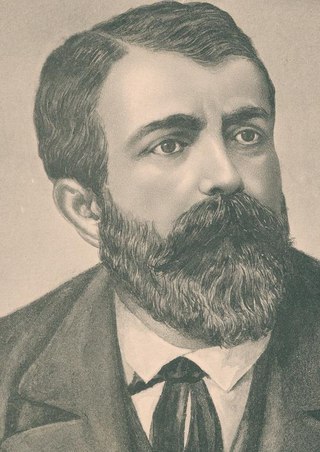
Georgije "Đura" Jakšić was a Serbian poet, painter, writer, dramatist and bohemian.

Tomislav "Toma" Zdravković was a Serbian singer-songwriter and recording artist.
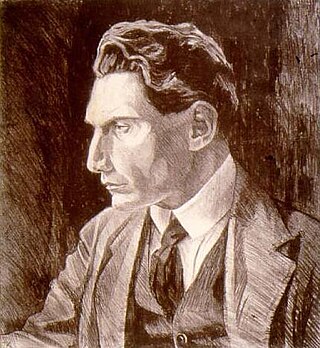
Petar Konjović was a Serbian composer and academic.

Kosara or Cossara was a Bulgarian noblewoman, a daughter or relative of Tsar Samuel of Bulgaria, who was married to Prince Jovan Vladimir of Duklja, the most powerful Serbian principality of the time.
Tomislav is a Slavic masculine given name, that is widespread amongst the South Slavs.

Prince Bojidar Karageorgevitch was a Serbian artist, art writer, world traveller, and member of the Serbian Karađorđević dynasty. He gave singing and drawing lessons and later earned his living as an art critic and translator. He was a contributor to the Encyclopædia Britannica, Le Figaro, La Revue de Paris, Revue des Revues, Magazine of Art, and other publications.
Petrov or Petroff or Petrova, is one of the most common surnames in Russia and Bulgaria. The surname is derived from the first name Pyotr or Petar and literally means Pyotr's or Petar's.
Knez is a South Slavic surname, coming from the title knez. It may refer to:
This is a list of people, places, and events related to the medieval Bulgarian Empires — the First Bulgarian Empire (681–1018), and the Second Bulgarian Empire (1185–1396).

Jovan Vladimir or John Vladimir was the ruler of Duklja, the most powerful Serbian principality of the time, from around 1000 to 1016. He ruled during the protracted war between the Byzantine Empire and the Bulgarian Empire. Vladimir was acknowledged as a pious, just, and peaceful ruler. He is recognized as a martyr and saint, with his feast day being celebrated on 22 May.
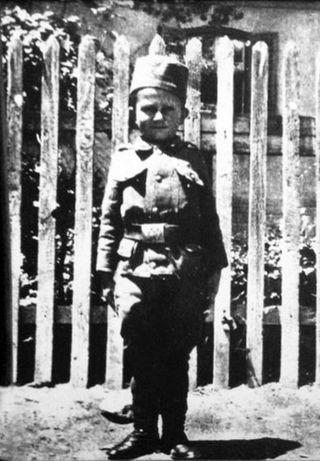
Momčilo Gavrić was the youngest Serbian soldier of World War One; he became a soldier at the age of eight.
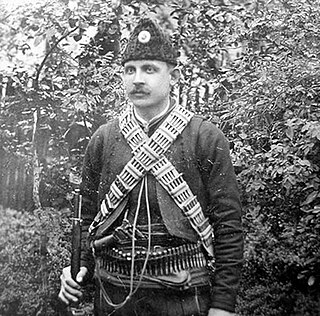
Lazar Kujundžić-Klempa was a Serbian Chetnik commander (vojvoda) who was active in Old Serbia and Macedonia.

Jovan Simić Bobovac was a Serbian politician, who began his career as knez during the Ottoman period, participated in the Serbian Revolution (1804–17), and served as the President of the Serbian Supreme Court. He was one of the closest collaborators of Prince Miloš Obrenović.
Vladimir Stanimirović was a Serbian lawyer, poet, writer and translator. He also made a name for himself as a war poet.
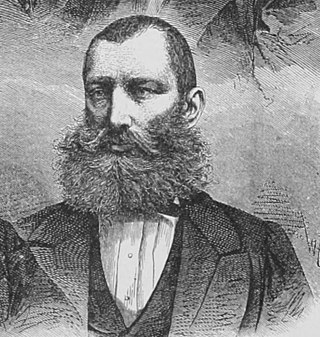
Radivoje Milojković was a Serbian politician. In the aftermath of Prince Mihailo's assassination in 1868, he served as Interior Minister under several Liberal governments of the 1870s and 1880s, as well as Prime Minister during the regency of Jovan Ristić, Milivoje Blaznavac and Jovan Gavrilović from 1869 to 1872. During this time, he was a close ally of Jovan Ristić.
Milosav Zdravković-Resavac was the Duke of Resava, a participant in the First Serbian Uprising and Second Serbian Uprising, a state official and a participant in many political events in the Principality of Serbia. He acquired the title of duke after taking part in the Battle of Čegar in 1809. He was eventually succeeded by his brother Dobrosav Zdravković who also became the district chief. Both Milosav and Dobrosav were sons of Milija Zdravković.

Dobrila Glavinić Knez Milojković (1900–1987) was a Serbian journalist and humanitarian worker.